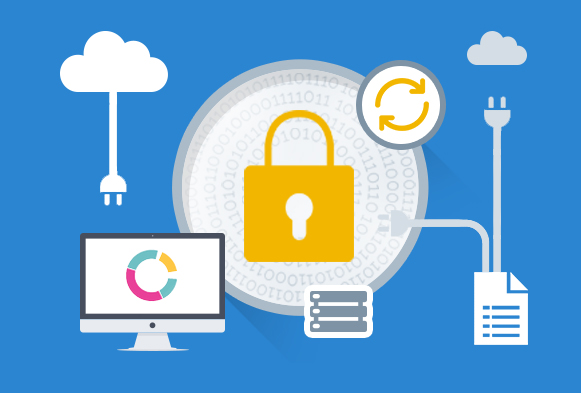The increasing use of mobile devices in the business ecosystem has led enterprises to jump onto the BYOD bandwagon. BYOD enables the employee’s whole desktop to be accessible on their mobile device, which ultimately increase business’s productivity.
Gartner predicts by 2017, half of employers will require employees to supply their own device for work purposes
Source: http://www.gartner.com/newsroom/id/2466615
Researches show that the number of smartphones in use across the world will cross 2 billion by the end of 2015. In such a scenario, it’s vital for businesses to establish a program to allow their employees to bring their own smartphones and tablets in the workplace– widely known is BYOD (Bring Your Own Device).
BYOD is unquestionably an effective approach to managing corporate data, but there’s a catch – it is an uphill battle to manage BYOD. This might leave you curious to know the keys to develop and implement a kick-ass BYOD policy in your organization.
The critical ingredient to kick-ass BYOD implementation
There are many things that you need to consider while developing and implementing a strong, effective BYOD policy in your organization, for instance, types of permitted devices, employee exit strategy, authentication and access control, data security, and a lot more. However, the most important ingredient that will leave you with a problem half solved is an Enterprise App Store (EAS).
Gartner expects that as more companies adopt mobile device management (MDM), and more devices come on board—which will predictably draw more people to the Apple App Store, Google Play and other app stores—more enterprises will build and deploy the in-house app stores. The firm predicts that by 2017, 25% of enterprises will have a store for managing corporate-sanctioned apps on PCs and mobile devices.
The rapid growth in the use of enterprise mobile devices and the adoption of mobile device management (MDM) will drive demand and adoption of enterprise app stores. People are increasingly becoming familiar with an app store model, and due to the rapid explosion of apps more and more companies are trying to adapt to the increasing need of security. The tech savvy companies today are not waging a futile battle against BYOD trend but instead making serious efforts to accommodate employees’ increasing demand to use smartphones in the organization.
Having an enterprise app store not only increases security, but also provides the business greater quality control and peace of mind at the same time. To deploy an enterprise app store, there’re four major steps:
|
|
|
|
Softweb Solutions can help you build and deploy in-house enterprise app store that delivers a consumer-like experience but with improved security and enterprise controls.








